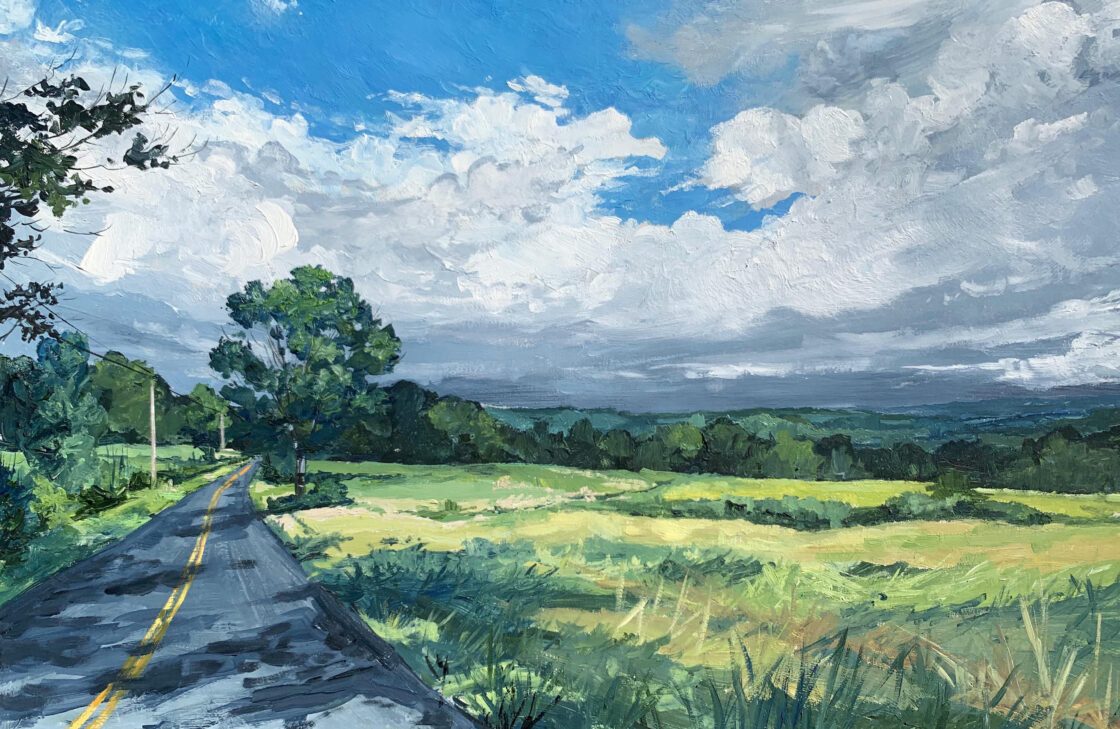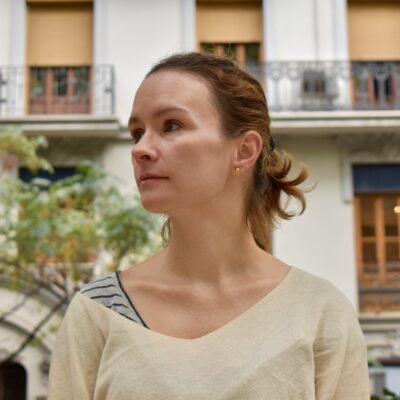Write Your Memoir in 16 Weeks: Bring Your Story to Life
with Nora Corrigan

January 7, 2026
Length: 16 Weeks
Open to AllText and Live Video
Zoom calls Thursdays from 6-730pm Eastern
$995.00
You’ve been carrying a story inside you. Imagine seeing it take shape on the page—told with clarity, conviction, and courage—in just four months.
Whether you’re holding a trove of vivid memories, a knot of unanswered questions, or a quiet urgency to tell the truth of your life, this course will help you shape it into a compelling narrative. Over 16 weeks, you’ll move from budding ideas to a first draft. To get there, you’ll build momentum, refine your structure, and learn how to write scenes from your life that resonate with readers.
Each week, you’ll write and share 2,500–3,000 words and receive in-depth written feedback from me. You’ll also receive biweekly verbal feedback from me and your peers in our Zoom workshops. The focus of this course is workshop, so we will discuss craft as questions arise in the pages shared. Every other week, I will also offer optional craft essays and optional writing exercises you can use as a resource between our meetings. These optional readings and assignments focus on the craft of memoir—voice, character, structure, and the ethics of writing from life.
We’ll dive into the emotional and creative process of remembering, questioning, and shaping personal experience. Together, we will find community and accountability as we bring our stories into the world with purpose, intention, and structure. You’ll build a sustainable writing practice, gain clarity on your story’s deeper purpose, and leave with a solid draft and a clear plan for revision.
Who This Course is For
If you have a story to share and need the guidance and momentum to complete a draft of your memoir, this course is for you. Some experience writing creative nonfiction is helpful, but not necessary. The only requirement is an idea for a memoir and the drive to see it through.
Learning and Writing Goals
Learning Goals
- Learn to communicate your purpose in writing this story, including what you will investigate about the past and how this might resonate with a future reader.
- Find the narrative, thematic, or temporal guardrails for your memoir; the critical turning points within those guardrails; and the most effective narrative structure.
- Establish a regular writing schedule to keep generating and revising pages.
- Get weekly feedback on your work and learn to incorporate that feedback in your revision process.
- Become a better editor of your own work by helping classmates reflect on their writing and how best to achieve their aims.
Writing Goals
- Write a draft of your memoir (40,000 – 50,000 words).
- Use the instructor and peer feedback you receive to guide your writing and revision.
- Leave with a clear plan for what additional edits you’ll need to reach a final draft.
Zoom Workshop Schedule
We will meet once a week over Zoom on Thursdays from 6-7:30 p.m. Eastern for 90-minute workshops. Beginning on day one, we will read work aloud for verbal, on-the-spot feedback from your peers. We will alternate weeks, so half the group shares each class. The goal, both in receiving and offering feedback, is not perfection, but to establish momentum so we can write to the end.
Each week, you will share your written work using Wet.Ink, and I will offer written feedback each week to help guide you as you generate pages.
Weekly Syllabus
Weeks 1 – 2: Finding Your Purpose
The focus of this course is workshop, so we will discuss craft as questions arise in the pages shared. Each week, you will submit up to 3,000 words of your memoir for feedback. Every other week, I’ll also share optional craft essays and writing exercises to help you deepen your understanding of memoir and further develop your skills.
Readings: Rachel Cusk, A Life’s Work (prologue); Jesmyn Ward, Men We Reaped: A Memoir (prologue)
We begin by exploring the deeper purpose behind your memoir—what drives you to tell this story, and what questions you hope to answer along the way. You’ll start shaping the scope of your narrative by identifying key events, themes, and the time period your memoir will cover. This foundational work will help you build a strong emotional and structural framework for the pages to come.
Weeks 3 - 4: Developing Characters through Desire, Conflict, & Change
Reading: Carmen Maria Machado, In the Dreamhouse (excerpt)
Before we can write about others, we must learn to write ourselves as a character—with honesty, curiosity, and a willingness to be exposed. In these weeks, you’ll explore your own character arc and begin to understand the people central to your story through the lens of their desires, flaws, and conflicts. The goal is to render real people—yourself included—on the page with nuance, complexity, and emotional clarity.
Weeks 5 - 6: Structuring Story through Narrative Arc
Reading: Ryan Van Meter, “If You Knew Then What I Know Now”
Memoir often builds toward a moment of heightened understanding, meaningful change, or irreversible action—something the narrator (and reader) must try to make sense of. In these weeks, you’ll work to identify that climactic moment in your own story and explore how it shaped or shifted your life. We’ll also look closely at how memoir functions as a gradual reveal, helping you consider what narrative question your story is asking—and how to hold that question until the very end.
Week 7 - 8: Ethics of Writing from Life
Reading: “Sarah Sentilles on Writing about People You Know”
Can we articulate exactly what is at stake in telling our truth? This week, we’ll reflect on the risks and rewards of writing from life—considering the worst, best, and most likely outcomes. You’ll think through your purpose for writing, the role of your imagined audience, and how that audience shapes your approach. We’ll also explore the parts of your story you may be afraid to tell, and what it means to hold space for discomfort, uncertainty, or self-revelation in memoir.
Week 9 -10: Point of View & Voice
Readings: Kiese Laymon, Heavy (excerpt); Maggie Nelson, Bluets (excerpt)
Much of the power of a story comes from voice—your voice. This week, you’ll consider how to write in a tone that feels authentically you, but also the smartest, funniest, most empathetic version of yourself. We’ll explore how point of view shapes your story, and what happens when you try telling it from another character’s perspective. What might they reveal? How might this deepen or complicate your memory of the moment?
Week 11 - 12: Research and Interviewing
Reading: Mark Doty, “Return to Sender: Memory, Betrayal, and Memoir”
Much of creative nonfiction is imagination—filling in the blanks of what isn’t remembered and trying to understand what others were thinking and feeling. This week, you’ll consider what you don’t know and how you might go about finding it out. Are there people you could interview, photographs to examine, old emails or journals to revisit? We’ll also look at how your individual experience fits into a larger political, social, or economic context, and what kinds of research might help you explore that connection more deeply.
Week 13 – 14: Dialogue
Reading: Jenette McCurdy, I’m Glad My Mother Died (excerpt)
Dialogue in memoir lives at the intersection of memory and imagination. Most of us don’t have total recall—so we do our best to recreate what was said, focusing not on perfect accuracy but emotional truth. This week, you’ll revise scenes that include or need dialogue, thinking carefully about when to summarize, when to quote directly, and how to convey subtext. We’ll also explore how action, silence, and withholding can be just as powerful as what’s spoken aloud.
Week 15 - 16: Setting
Reading: Michelle Zauner, Crying in H Mart (excerpt)
Setting is more than backdrop—it’s a dynamic force that informs character, plot, theme, and mood. This week, you’ll focus on describing a micro-setting from your memoir in vivid, sensory detail, grounding your reader fully in time and place. You’ll also consider your memoir’s broader “story world” and explore how the central conflicts of your narrative are shaped by the environments in which they unfold.
Student Feedback for Nora Corrigan:
January 7, 2026
Length: 16 Weeks
Open to AllText and Live Video
Zoom calls Thursdays from 6-730pm Eastern
$995.00

